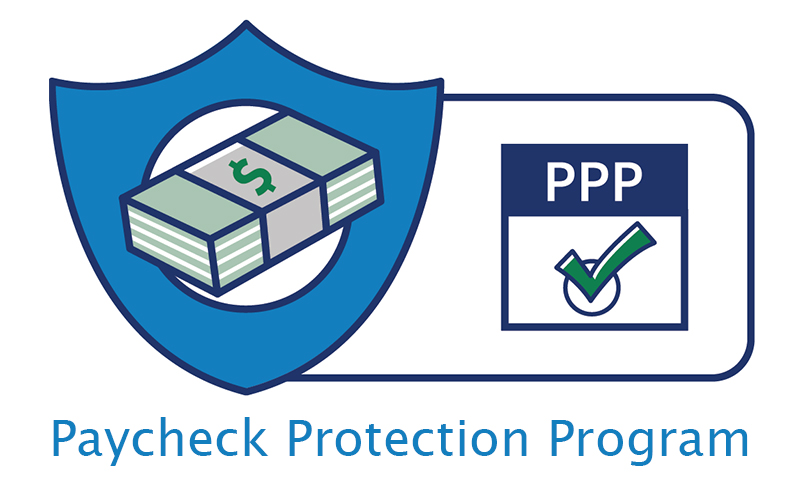If your business has obtained a PPP loan, you will presumably soon be applying to have some or all of that loan forgiven pursuant to the SBA’s PPP guidelines. That raises the interesting question of what the tax effects of forgiveness are. Is the forgiven portion taxable?
The short answer, according to the IRS, is yes. Well, not exactly yes, but practically yes.
The CARES Act itself addressed this:
Taxability.—For purposes of the Internal Revenue Code of 1986, any amount which (but for this subsection) would be includible in gross income of the eligible recipient by reason of forgiveness described in subsection (b) shall be excluded from gross income.
So, the forgiven loan is “excluded from gross income.” End of story, right? Well, no. The IRS has issued Notice 2020-32, which states that any business expenses paid using PPP funds become non-deductible. Since one of the requirements of PPP forgiveness is that the loan funds be used for payroll expenses, this Notice has the effect of making those funds taxable to the extent that the loan is forgiven. This could be a nasty surprise for many businesses with large PPP loans that are ultimately forgiven.
The IRS does have some law on its side in reaching this conclusion, but it is a rather dubious interpretation. Consequently, the AICPA and other trade groups are lobbying Congress to clarify the law. To date, that has not occurred.
If Congress does not clarify the law, taxpayers will be in the tricky position of having to decide whether to follow or ignore the IRS guidance. The issue will undoubtedly go to Tax Court, but that could be several years down the road. In the mean time, what should taxpayers do?
Our position at Accel is that we certainly want to help our clients get every deduction to which they are entitled. We will keep our options open until we have to decide next tax season. In the mean time, it is prudent to plan for the possibility that the loan forgiveness may be taxable. Stay tuned!

